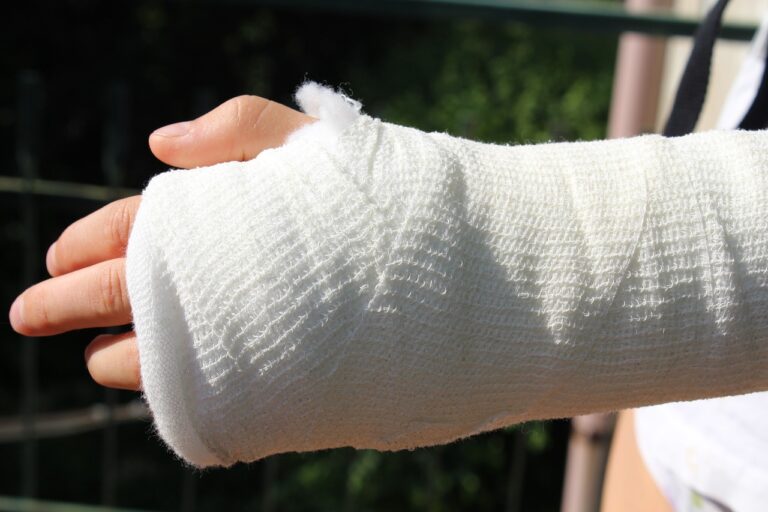The Intersection of Technology and Aging
Wearable health technology has emerged as a valuable tool for seniors looking to monitor their well-being in a more proactive manner. These devices, worn discreetly on the body, can track vital signs, physical activity, and even provide timely notifications for medication reminders. This real-time data can offer seniors and their caregivers valuable insights into their health status, enabling early detection of any potential issues.
Moreover, wearable health technology can promote a more independent lifestyle for seniors by fostering a sense of empowerment and control over their health. With features like fall detection and emergency alerts, these devices can offer peace of mind to both seniors and their loved ones knowing that help is just a button press away in case of emergencies. This enhanced sense of security ultimately contributes to a higher quality of life for older adults, allowing them to age in place with confidence.
Challenges Faced by Older Adults in Adopting New Technologies
Older adults often encounter challenges when it comes to embracing new technologies. The fast pace of technological advancements can be overwhelming for seniors, making it difficult for them to keep up with the latest trends. Additionally, the fear of making mistakes or breaking devices can deter older adults from exploring new gadgets and applications.
Moreover, the lack of familiarity with digital tools and devices can create a sense of unease among older adults, leading to reluctance in adopting new technologies. The complex interfaces and technical jargon commonly found in devices can further contribute to the barrier older adults face when trying to integrate technology into their daily lives.
How Voice-Activated Assistants Can Assist the Elderly
Voice-activated assistants offer a user-friendly way for the elderly to interact with technology. By simply speaking commands, seniors can set reminders, make calls, or even control smart devices in their homes. This accessibility can help older adults stay connected and independent, enhancing their quality of life.
Moreover, voice-activated assistants can provide valuable assistance in emergencies. With features like hands-free calling for help or accessing important medical information, these devices offer a sense of safety and security for seniors living alone. In times of need, the ability to quickly communicate with emergency services or loved ones can be crucial for maintaining the well-being of older individuals.
What are some benefits of wearable health technology for seniors?
Wearable health technology can help seniors monitor their health, remind them to take medications, track their physical activity, and provide emergency assistance if needed.
What are some challenges older adults face in adopting new technologies?
Some challenges include lack of familiarity with technology, concerns about privacy and security, physical limitations that may make it difficult to use certain devices, and reluctance to change established routines.
How can voice-activated assistants assist the elderly?
Voice-activated assistants can help seniors with tasks like setting reminders, making phone calls, playing music, and controlling smart home devices, making it easier for them to stay independent and connected.







